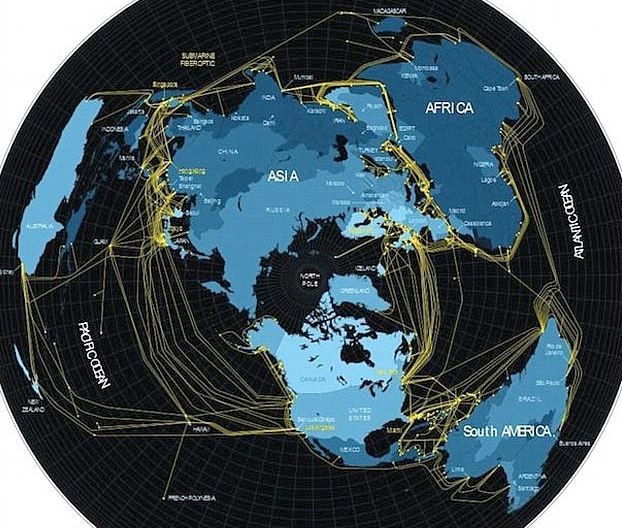China’s Big Three telecom companies have pledged faster speeds and lower rates for communications following Premier Li Keqiang’s call for cheaper, faster Web connections for the country.
Domestic telecommunications carriers announced on Friday cuts on charges for broadband Internet, mobile data traffic and roaming services, the China Daily newspaper said in a report.
Li's remarks have also prompted the industry's regulatory bodies to set an ambitious target of connecting most Chinese cities to the Internet with ultrafast fiber optic services, whose speeds reach 100 megabytes per second, within two years.
The country's three biggest carriers--China Mobile Communications Corp., China United Telecommunications Corp. and China Telecom Corp.--which are all state-owned enterprises, also announced lower rates for 4G mobile Internet as well as removing time limits for unused traffic, enabling subscribers to use leftover data allowances in the next month.
Li first criticized China's sluggish, expensive Internet service in April. And during a State Council executive meeting on Wednesday, the premier again took aim at the information services industry, saying that fiber optic and 4G networks should be established faster.
Shang Bing, vice-minister of Industry and Information Technology, said on Friday that the average connection speed in major cities will surpass 30 Mbps and the 4G network will cover the entire nation by the end of 2017.
Around 82 million Chinese have subscribed to fixed broadband services faster than 8MB by the end of 2014, making up 40 of the total subscriptions in the country, according to the ministry.
However, the actual download speed could be far slower.
According to data from the Broadband Development Alliance, average download speeds vary from less than 3 Mbps to as high as 6.7 Mbps depending on the province, with high speeds often found in better-off coastal areas.
The ministry also announced measures to speed up infrastructure development and cut down network tariffs to improve the level of services.
The new targets are not difficult to accomplish because the carriers are already speeding the expansion of fiber optic and 4G coverage prior to the increased pressure from the central government, said Xiang Ligang, a telecom researcher and founder of industry website Cctime.com.
China has been focusing on information consumption to fuel the sluggish economy since last year, with lawmakers citing mobile Internet, broadband construction and e-commerce as among the top growth priorities for the country.
According to the Ministry of Industry and Information Technology, the government is planning to add 200 million 4G Internet users this year as network coverage expands to less-developed inland areas.
"The lower Internet charges will prompt more 3G users to try out the 4G services," said Milly Xiang, an analyst with Beijing research firm International Data Corp., adding that the introduction of affordable smartphones with 4G capability by the second half of this year will further boost subscriber numbers.
As of the past year, China had 583 million mobile broadband subscribers, with mobile tariffs dropping to around 60 percent in the past three years, according to the ministry.



























